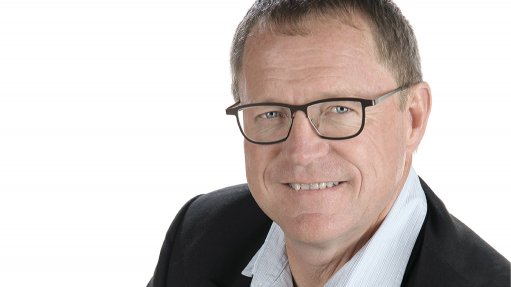
Efficient Group chief economist Dawie Roodt
South Africa's political and economic realities were not aligned, Efficient Group chief economist Dawie Roodt told delegates during a Johannesburg Chamber of Commerce and Industry presentation on June 10.
As political parties discuss possible coalitions to run the country, he argued that urgent policy changes were needed and for there to be less State interference in the economy. “We need more privatisation. We need liberalisation of all sorts of markets – the labour market, capital market . . .,” he said.
Commenting on possible coalition outcomes following the African National Congress’ failure to achieve a majority vote in the recent national elections, Roodt said the most likely scenario would be for the ANC to enter into an informal agreement with leading rival party the Democratic Alliance.
The ANC has, meanwhile, indicated that it favoured a government of national unity involving the various political parties in the country.
He stressed that a coalition favoured by financial markets could have a positive impact on inflation, which could create an opportunity for the South African Reserve Bank to start cutting interest rates, which remain high.
Roodt further said a major issue facing South Africa was the collapse of local authorities, State-owned enterprises and national accounts.
He stated that, under the ANC government, about 70% of local authorities were no longer financially viable.
“They’re collapsing,” he said, pointing out that local authorities’ outstanding debt to Eskom alone was more than about R70-billion.
“The local authorities [are] a mess and the local authorities would need a lot of financial support from whoever is going to be in [national] government.”
Moreover, Roodt noted that State-owned enterprises, such as Eskom, were becoming less centralised with increased involvement by the private sector.
Another urgent priority for the new government would be to cut State spending.
Roodt pointed out that the debt-to-GDP ratio was in excess of 75%.
“We just cannot afford this, so we need to cut back on State spending,” said Roodt.
Roodt stressed that, despite any changes in government post the national election, the country was in for a difficult time over the short term.
"The real economy is not going to grow for a long time and it’s not going to grow because of structural issues that we have in the country,” said Roodt, pointing to the need for policy changes.
“I am very concerned. I think politically, we've got an unstable couple of years ahead of us,” said Roodt.